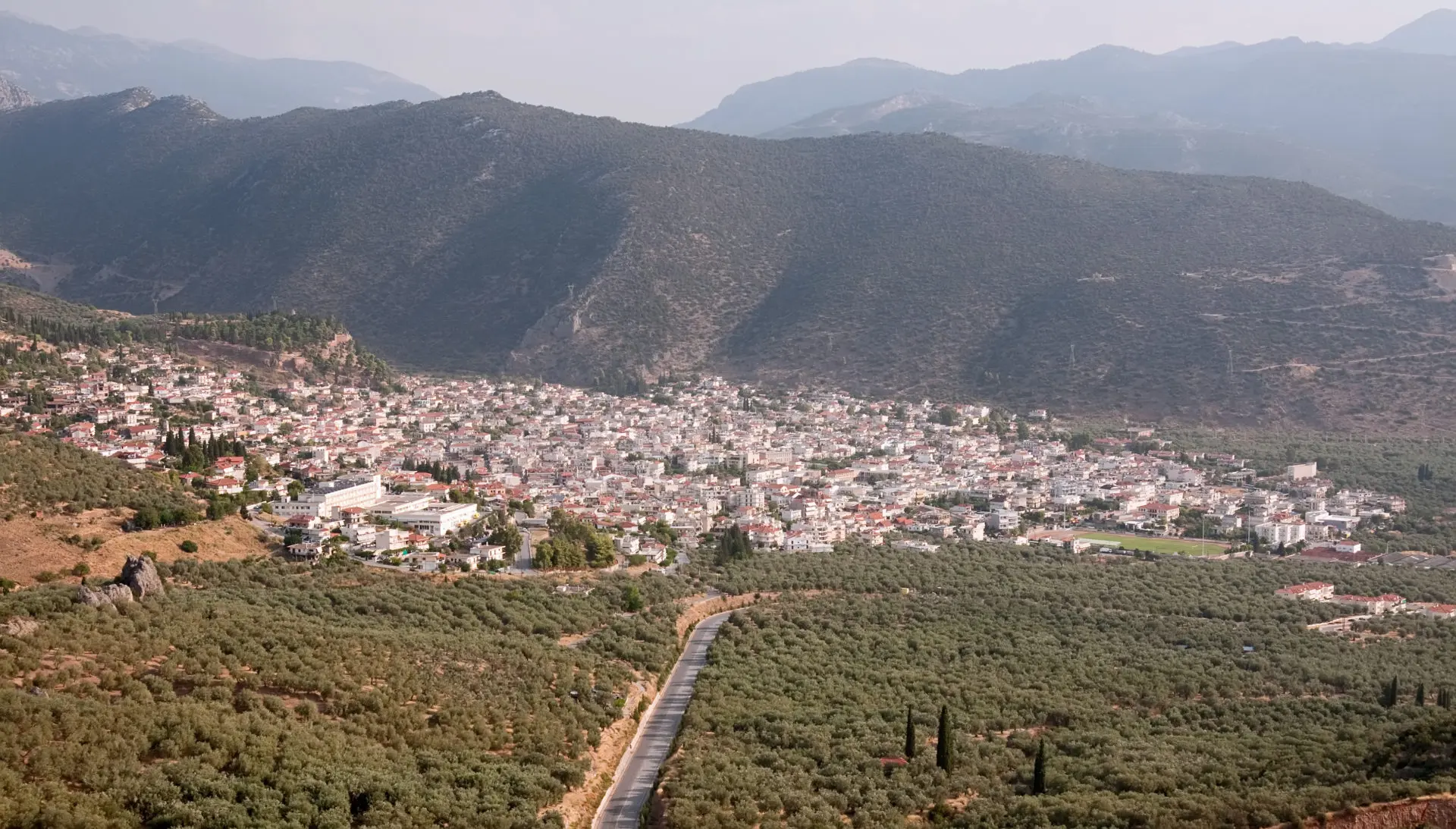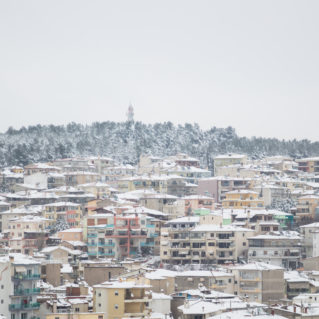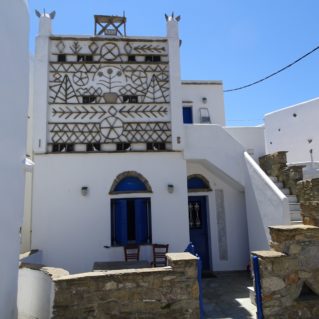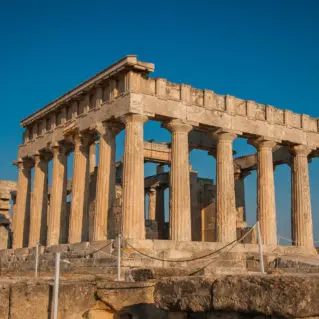Amfissa (in modern greek: Άμφισσα) is a town in the region of Phokis near the ancient sanctuary of Delphi in Central Greece. It lies on the northern edge of an olive forest surrounded by two mountains: Parnassus to the east and Gkiona to the west.
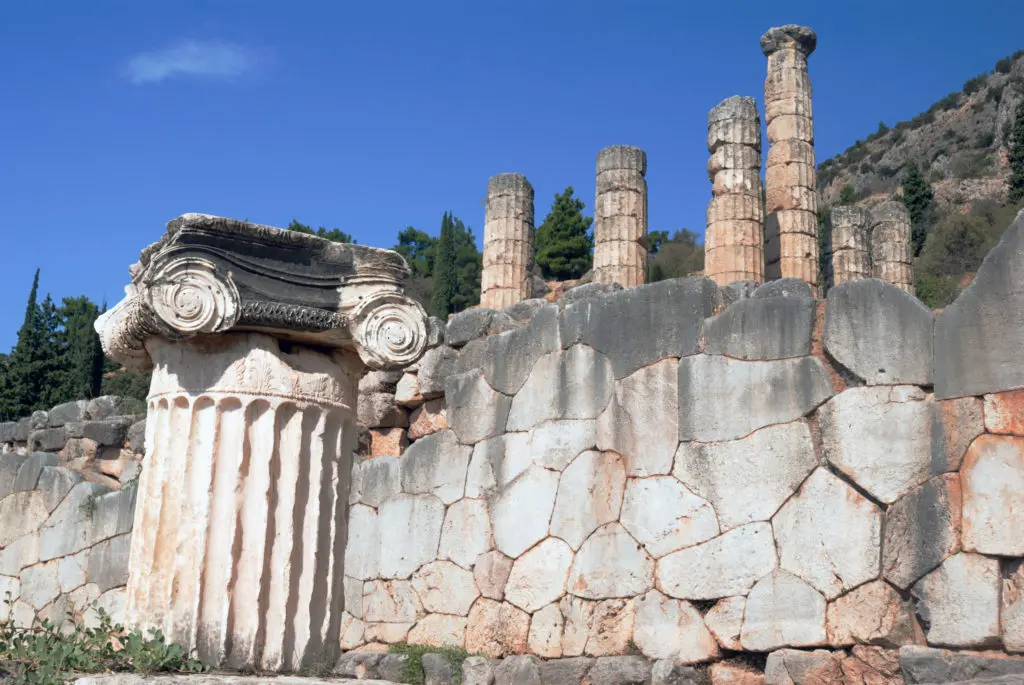
Amfissa’s history lasts around 3,000 years. It was the most important city of the ancient Greek tribe of Ozolian Locrians and one of the most powerful cities in Central Greece during the antiquity. Aristotle stated that Amfissa’s name comes from the ancient Greek verb “αμφιέννυμι” (amfiennymi), which means ‘surround’, because it is between the two mountains. Another version regarding Amfissa’s name refers to the Greek mythology. Amfissa took its name from the Macar’s daughter and mistress of Apollo, Amfissa.
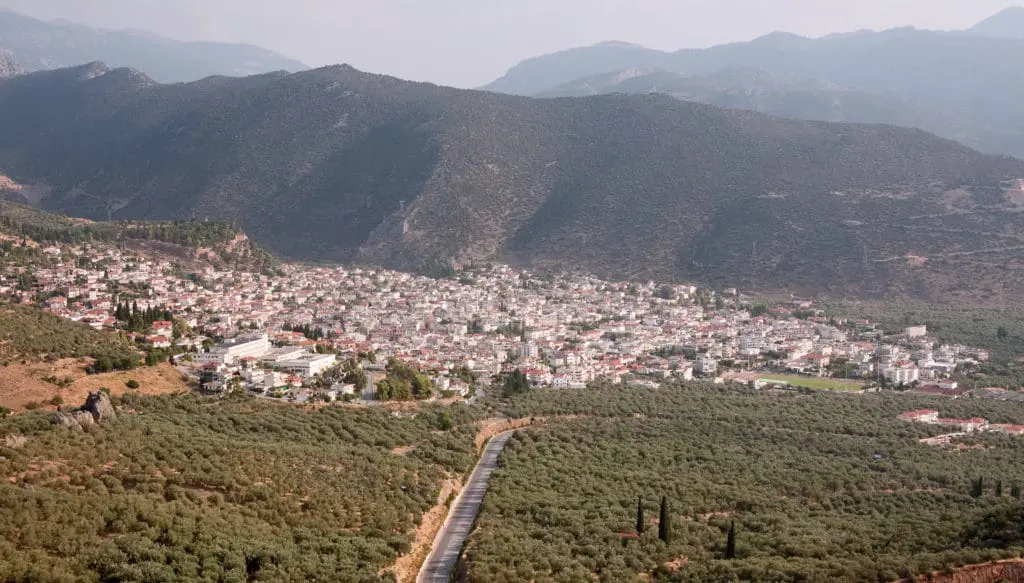
Archaeological findings showed that it developed its commerce with Corinthia. Amfissa was known for its arts and trade, while its coins had the head of Apollo on the one side. In Amfissa, after the defeat by the Persians in the Battle of Thermopylae, run many Phocians because of its strong acropolis. During the Peloponnesian War, Amfissa fought against Athens and on Spartan’s side.
After the Peloponnesian War the Amfissians were allies to Thebes. Then, they were allies to Thebes and Athenians against the Macedonians of Philip II.
In the Middle Ages, Amfissa was under the Visigoths, the Huns, the Byzantins, the the Bulgars and many others. After the Fourth Crusade and the latin conquest, the king of Thessalonica Boniface of Montferrat conquered Amfissa and he changed its name to La Sole or Salona in Greek. It was conquered by the Ottomans at the late 14th. It played a major role during the Greek war of independence.
In the past, Amfissa’s economy was based on tanning, bell and rope making but today are few inhabitants occupied on these domains. Right now, its economy is based on olive cultivation since there is an enormous area of olive trees named “Amfissa olive tree” where the famous “Amfissa olives” and black olives are produced and collected.
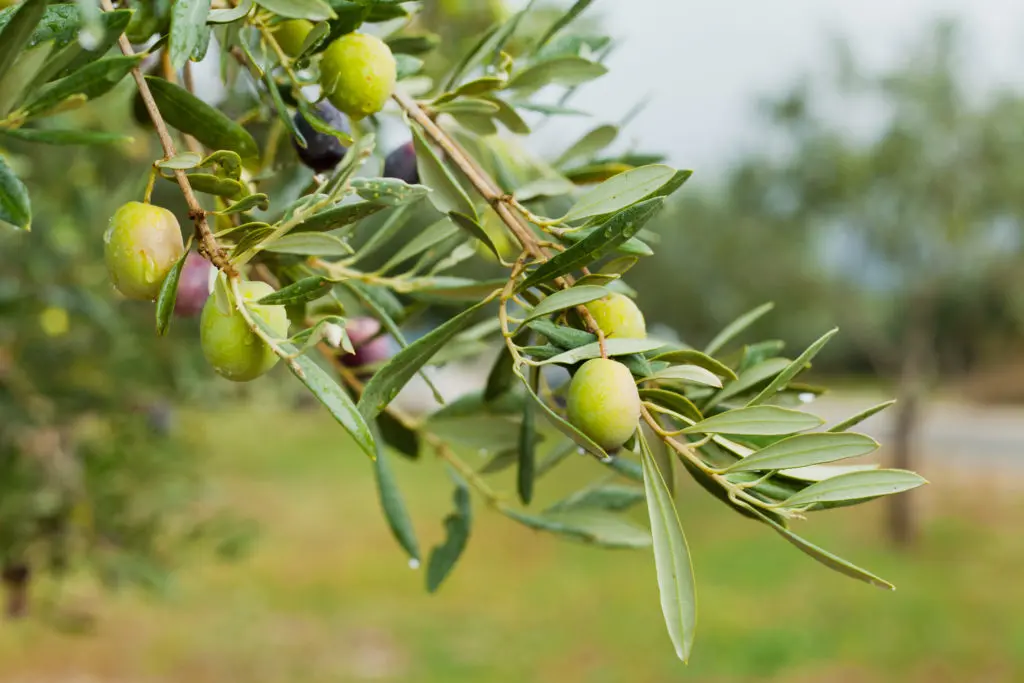
Amfissa is also famous for its carnival. Sites of interest are the Castle of Salona (or Castle of Oria), the Archaeological Museum, the district of Charmaina where the traditional tanneries were and the Municipal Library.

